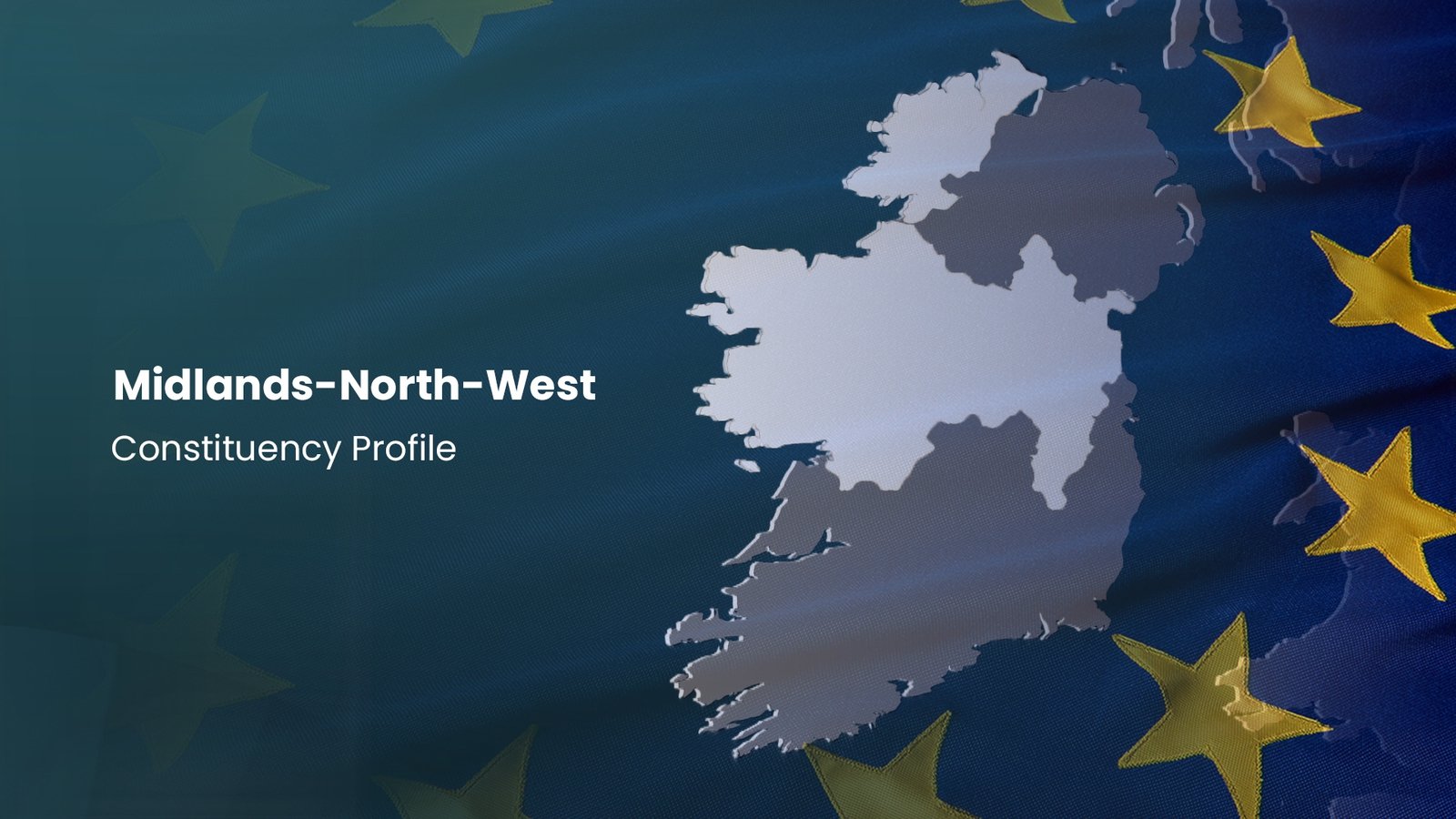Would pausing rollout of new sick pay laws be justified?

The new Taoiseach has promised to prioritise supports for small businesses, acknowledging that extra costs have been imposed on firms in quick succession.
Addressing small business owners at his party’s Ard Fhéis, Simon Harris said, “I know you are hurting. I understand how hard it is to absorb increased costs especially when it seems like everything is coming at you at once.”
One of the measures mooted to slow down the pace of change is to pause plans to increase sick leave days.
But can the Government justify pausing sick pay laws which were introduced after the Covid-19 pandemic highlighted the inadequacy of sick leave entitlements?
What are current sick leave entitlements?
Sick leave laws came into operation in January 2023, with the initial entitlement to statutory sick leave of up to three days pay for certified illness in a calendar year.
The entitlement increased to five days this year.
It had been planned that workers would be entitled to seven statutory sick leave days from next January, and this was supposed to increase to 10 days in 2026.
Employers must pay workers on sick leave at 70% of their daily rate of pay, up to a maximum of €110 a day or €550 for a five-day working week.
If an employee runs out of sick days before they are fit to return to work, they will transfer over to Illness Benefit based on social insurance contributions.
Why were sick leave laws introduced?
The absence of sick leave in employment law put the voluntary approach to sick pay under the spotlight during the Covid-19 pandemic.
Before 2023, employers were not obliged to pay sick pay unless it was specifically provided for in the worker’s employment contract.
Over one million workers were not covered for paid sick leave in their terms and conditions, according to ICTU, before the Sick Leave Act was introduced.
Employees, many of whom were hailed as “essential workers” faced a significant risk of losing out financially if they took sick leave when infected with the virus.
They could have applied for income support in the form of Illness Benefit based on social insurance contributions, but they would not have received a payment for the first six days of sick leave.
It forced the Government to introduce the Enhanced Covid-19 Illness Benefit in the weeks after the pandemic struck.

But it was clear that a longer term and more sustainable scheme was needed for all illness.
The then Tánaiste, Leo Varadkar, noted that Ireland was one of only a small number of European countries with no legal obligation on employers to provide for sick pay, in the way they do for annual leave.
“This needs to change and I am committed to introducing a statutory sick pay scheme that works for employees and employers as quickly as possible and will bring forward legislation shortly,” Mr Varadkar said in early March, 2020.
So why is the Government considering pausing planned increases to sick pay entitlements?
Employers group Ibec wrote to the Taoiseach at the beginning of the year to highlight concerns about the rising cost of doing business, and specifically the pace and scale of Government-imposed labour costs.
The escalating cumulative costs include changes to statutory sick pay, as well as the increase in the minimum wage to €12.70, which came into effect on January 1, increases to employer PRSI, the imminent introduction of pension auto-enrolment, increases in salary thresholds for work permits and enhanced protective leave entitlements.
ISME launched a major nationwide campaign to address rising labour costs last month.
The Minister for Finance Michael McGrath said that the Government would have to “reflect” on the accumulation of costs that have been imposed on businesses.
He said while many of those costs have arisen from Government decisions and that individually those policy decisions “are good things”, he added that the “aggregation of them has undoubtedly had a significant impact on a lot of businesses”.
Upon reflection, it appears that the pause button might be pressed on increasing sick pay entitlements.
What are unions saying?
Dr Laura Bambrick of ICTU says she was “flummoxed” to read it was even being considered.
“Are we really saying by pausing this, in order to benefit the small number of employers in certain sectors struggling with costs, that we should pause it for everyone?
“It’s really a sledge hammer to crack a nut,” ICTU’s head of social policy said.
“Some of the commentary that we’ve heard is that sick pay is really about the Government pushing their costs, the costs from the exchequer, onto the employer. That’s just not true.”
Owen Reidy, ICTU general secretary, said, “”I think people need to remember that these are modest and moderate but necessary reforms, which were to bring us into line with Europe.”
Dr Bambrick said 10 days paid sick leave would be at the lower end when compared with other EU countries, and 70% of pay would be a lower rate.
“There is nothing exceptional in employers being asked to pay sick pay and there is nothing extraordinary in the amount that they are being required to pay,” she said.
When we are comparing ourselves to other EU countries and how generous or not our sick pay entitlements are, Dr Bambrick said we have to remember that these countries have had sick pay as a basic employee right for decades now.
She added, “The employer can deduct the amount of sick pay from the corporation tax. You don’t hear too many of them telling you that.”
ICTU also points to a clause in the Sick Leave Act facilitating employers in financial difficulty who demonstrate an inability to pay can be exempt by the Labour Court from paying sick pay for up to a year.
What are businesses saying?
“In fairness to people who are getting sick pay, sick pay is just symptomatic of the problem, it’s not the problem,” said John Barry, who is a member of the national council of business group ISME.
“The more you increase sick pay the less the state will have to pay,” Mr Barry said, “so they are just discharging the cost of a few days of sickness from the State to small businesses.”
He urged Government to stop loading costs onto small businesses “because it’s making businesses totally unviable”.
Neil McDonnell, chief executive of ISME, said five days cover provided by the employer is perfectly adequate.
He said in EU countries with long entitlements such as Netherlands, the state/social fund acts as the insurer, and covers the employer.
“We should not be benchmarking private sector sick leave entitlements against what is available in many sections of the public service, since it would be unaffordable,” Mr McDonnell said.
He also noted that sickness in the services sectors has a double financial effect; the need to pay sick pay, and the need to supply a replacement worker, “effectively doubling the cost of service delivery for that day”.





